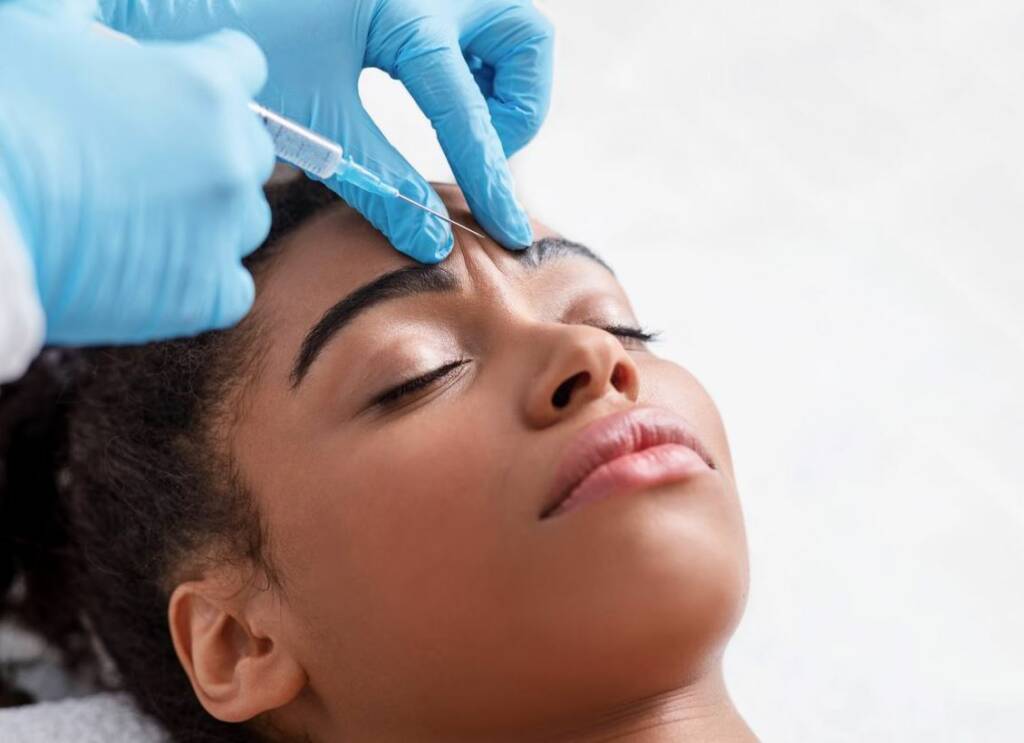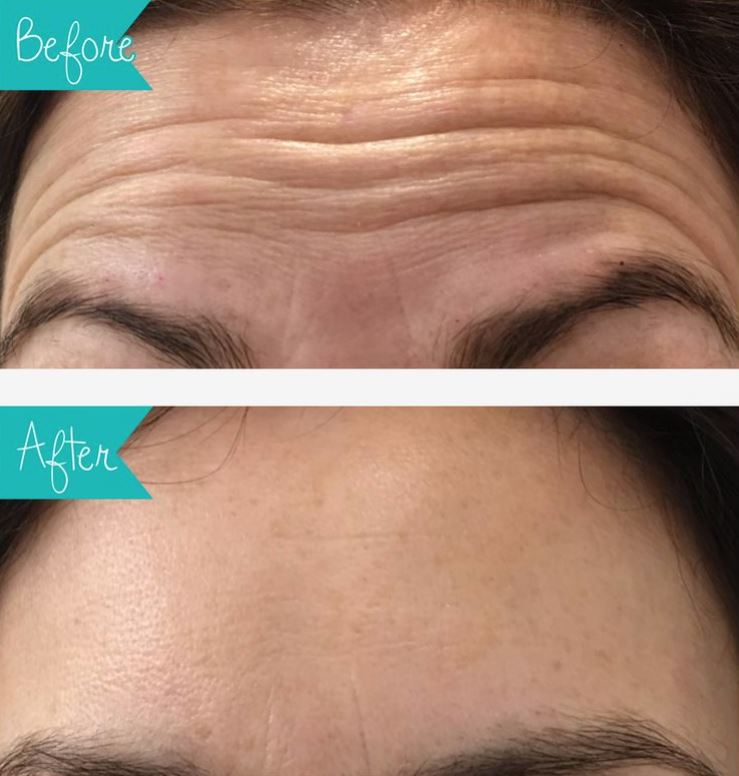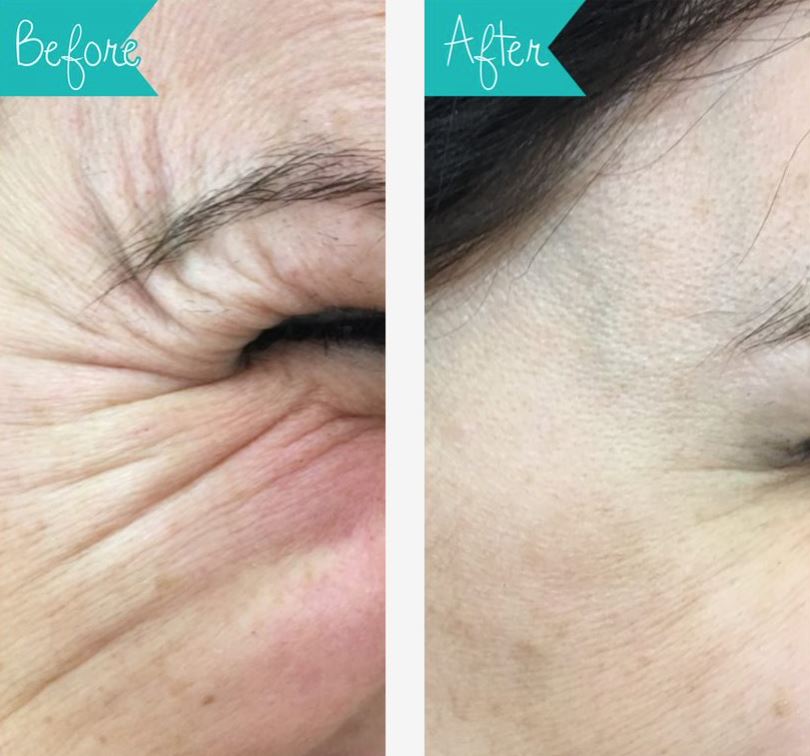Anti Wrinkle Injections

1 Area: £195
2 Areas: £250
3 Areas: £295
**A full consultation is required prior to treatment.**

Anti-wrinkle injections are a well-known safe and effective cosmetic wrinkle treatment with very few health risks. It is a prescription-only medicine made from a neurotoxin produced by the bacterium clostridium botulinum (botulinum toxin A).
Whilst it has a wide range of uses in the medical field, such as the treatment of muscle spasms and excessive sweating, cosmetically, anti-wrinkle injections provide a more youthful, rejuvenated and smoother skin.
According to research published in the Journal American Medical Association (JAMA) (2025), a recent study carried out to determine whether botulinum toxin A increases skin pliability and elasticity provided further evidence that there is an alteration in biochmechanical properties of the skin after injection with botulinum toxin A.
Further, a progressive reduction in the wrinkle levels with repeated treatments was evident.

Anti Wrinkle Injections FAQs
How do anti-wrinkle injections work?
Over time, the muscles we use in our face to create facial expressions, sun damage and the human ageing process can carve out grooves, lines and wrinkles in the skin
Anti-wrinkle injections relax the facial muscles, thus preventing wrinkling of the skin. This results in a visibly more youthful, smoother and less wrinkled skin. The effects last for a period of 12-16 weeks.
Do men have anti-wrinkle injections?
Men, like women can reap the same benefits in feeling and looking younger with anti-wrinkle injections. Currently, around 10% of all anti-wrinkle injection treatments are carried out on men.
Can anyone administer anti-wrinkle injections?
The important thing is first to recognise that anti-wrinkle injections is a medical procedure, so it must be done by a medical professional. As a fully qualified Nursing and Midwifery Council (NMC) registered nurse, you have peace of mind knowing that your treatment is carried out by an existing medical professional who has undertaken further clinical aesthetic training. All nurses are accountable to the NMC for their actions, including aesthetic practice, and must practice safely within it’s guidelines.
What is the process for having anti-wrinkle injections?
Before anti-wrinkle injections are carried out, a consultation is necessary to:
• Gather past and present medical history and any medications you are taking.
• Rule out any contra-indications (reasons why not to).
• Gain consent
• Pay deposit
• Order your prescription.
Treatment is normally carried out a few days after consultation, once your prescription has arrived.
After your treatment, an appointment will be made for a follow-up appointment two weeks later.
Do I have to be a certain age to have anti-wrinkle injections?
Although the minimum age is 18 years old, after that there is no set age for when you can have anti-wrinkle injections as every person has their own individual genetic tendencies. For example; a 25 year old who clearly has ‘dynamic lines’ (lines that appear only with movement) and will in the future have creases and lines as a result of that movement, having anti-wrinkle injections would act as a preventative measure for the formation of lines and creases in the future.
Does the treatment hurt?
Any injection can hurt, but the needles used for anti-wrinkle injections are very small, so only slight discomfort is felt.
What are the side effects of anti-wrinkle injections?
You may have some swelling and redness which will subside within the next few hours. Sometimes a headache may occur after treatment, which can be treated normally by taking paracetamol.
Rarely, allergy is experienced. If you were to get a painful or itchy bump or swelling near an injection site, a review would be carried out immediately and anti-histamines would be advised.
Infection, although extremely uncommon as all procedures are done with the strictest aseptic techniques, would need an immediate review.
How soon will I see results?
Results emerge gradually during 3 – 14 days.


